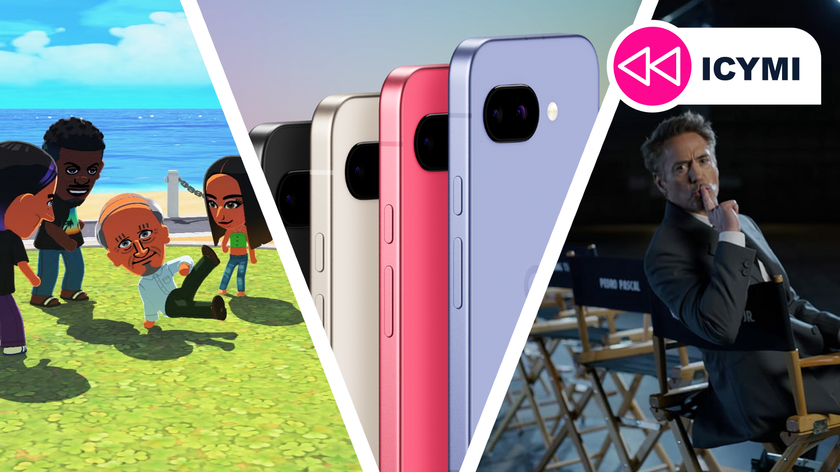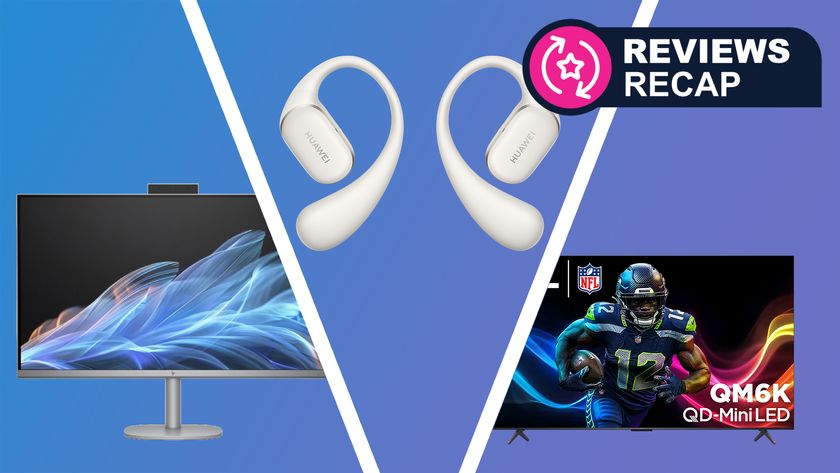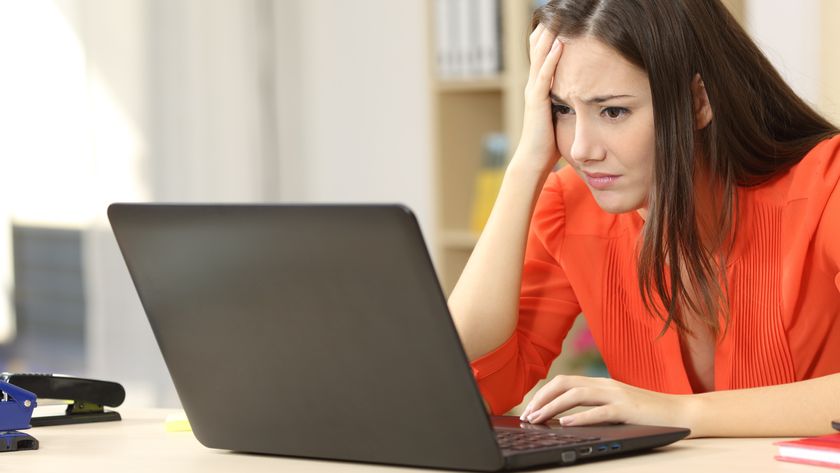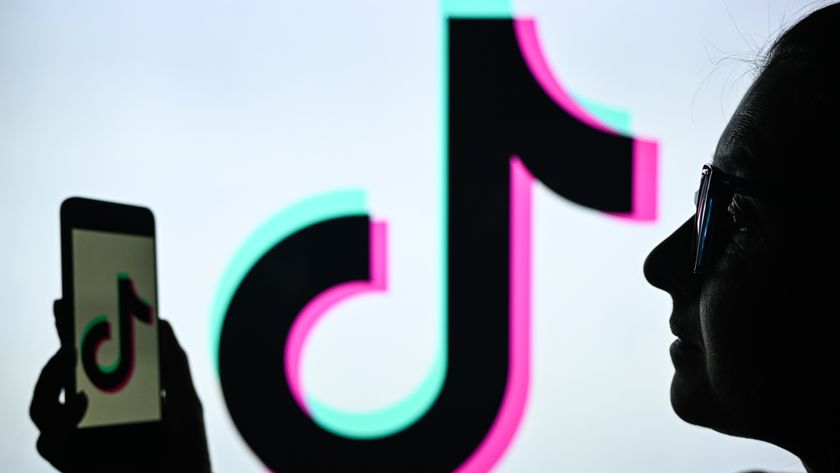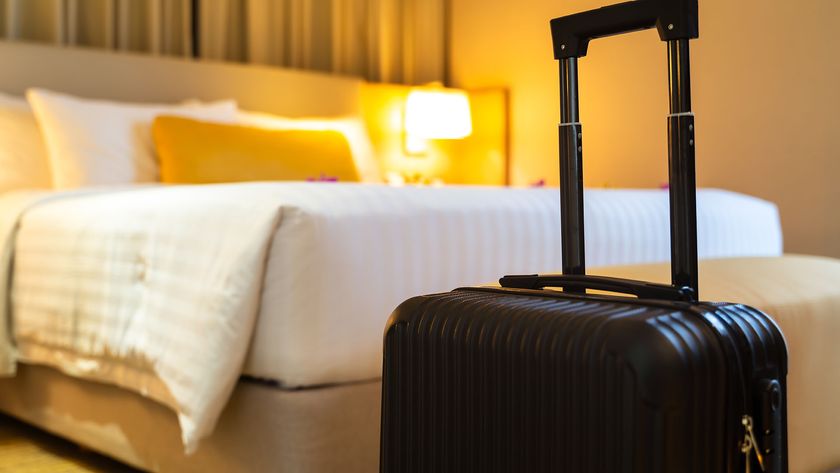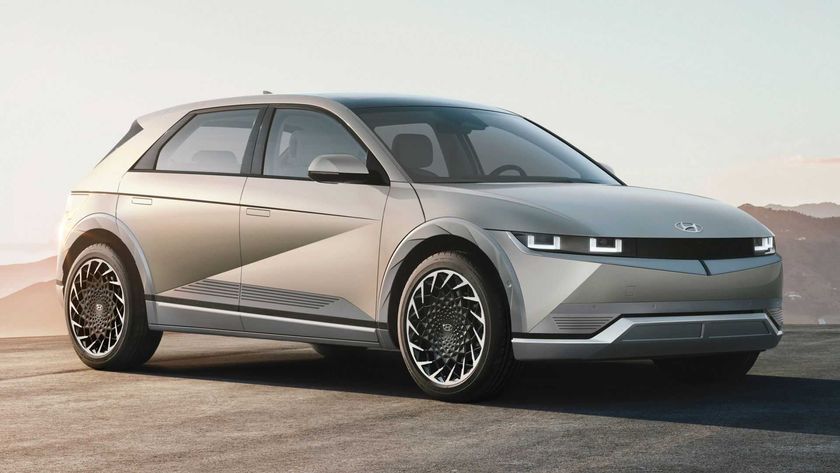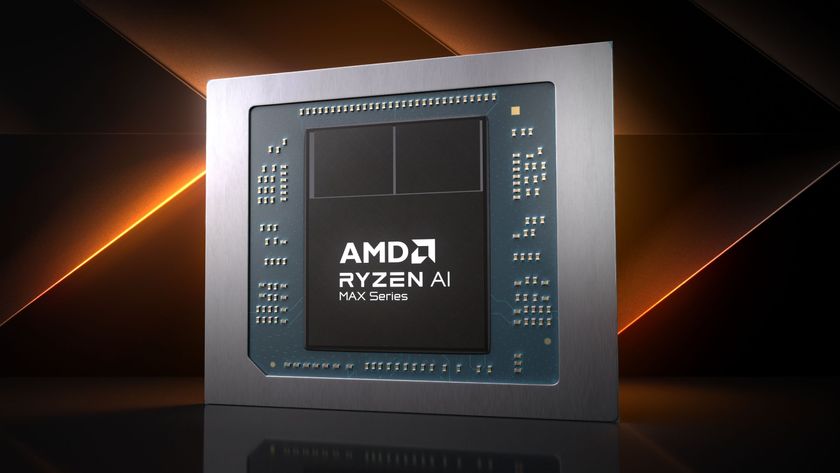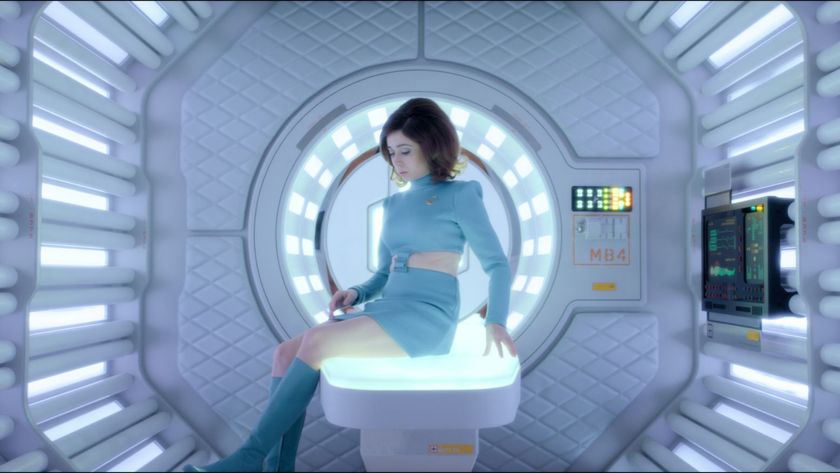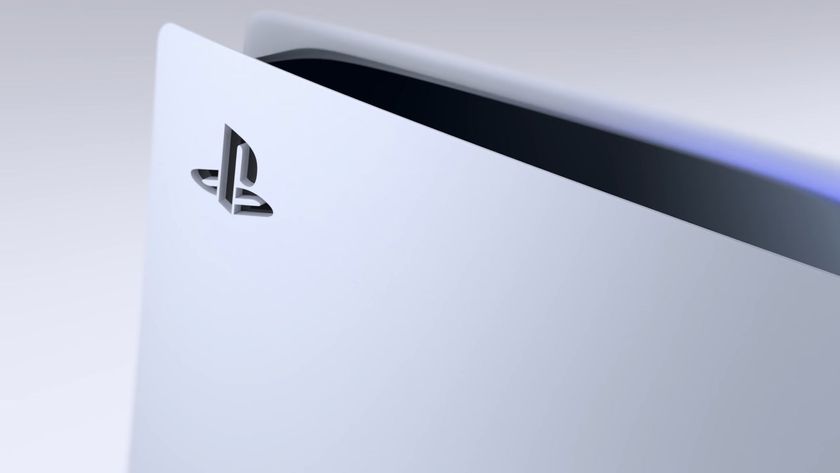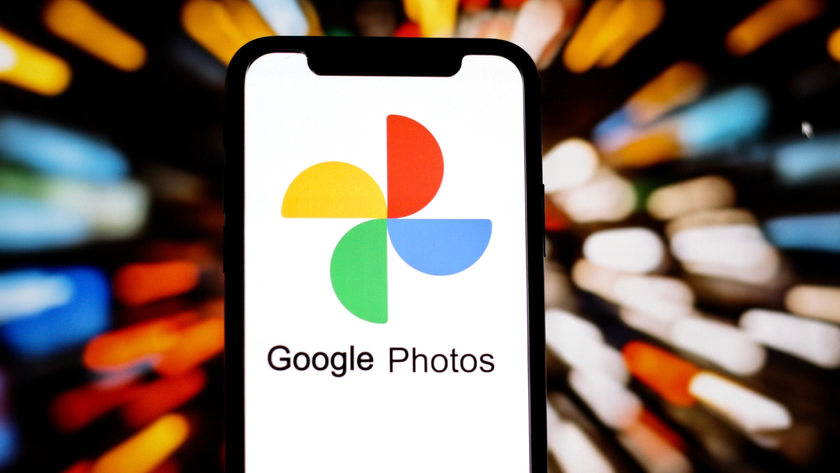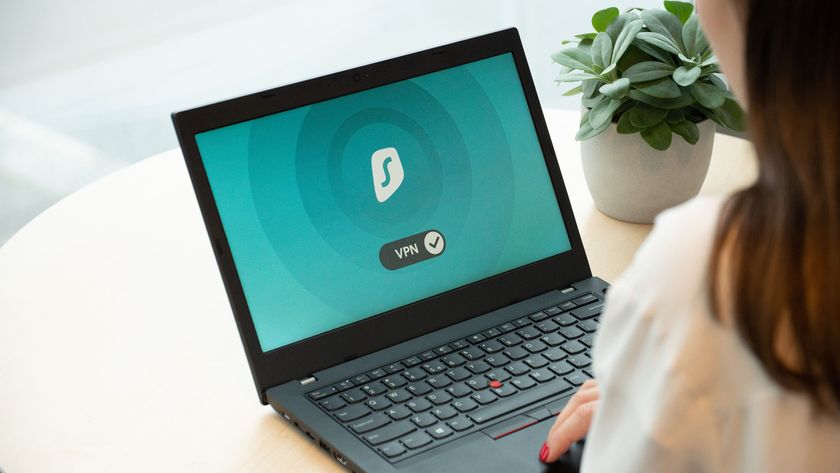Apple vs Samsung trial: a patent attorney weighs in
Linda Kennedy says both could get what they want
TR: Apple has several lawsuits facing it right now. If they win this case, will there be an attitude of, 'don't mess with Apple?'
LK: Possibly, but nobody stays on top forever. Resources do go a long way, but the one thing about the tech industry is change happens fast and quickly.
We always see this with patents: There's always the best next something on the horizon.
TR: Samsung rested most of its defense on the existence of prior art, saying Apple's designs were the product of the industry's evolution of the devices.
Some evidence, as you said, was excluded that Samsung said would've proved its innocence. Is prior art a common defense in patent cases?
LK: The theme is always there. I've never been in a patent case where invalidity based on prior art wasn't there.
It comes down to how good it is. The argument is always there but what varies is the quality of the evidence.
What I'd be interested in is comparing the quality of what was excluded with the quality of the prior art that Samsung was left with.
TR: Apple's seeking upwards of $2.5B (£1.59B). Is that figure totally bloated or is it in line with other patent case damages?
LK: Patent damages going back about 10 years have been on a fairly consistent climb. They've been running deeper, longer and climbing.
District courts have cut back on more prolific damages and, in this case, it depends on what gets sustained in the court of appeals.
Get daily insight, inspiration and deals in your inbox
Sign up for breaking news, reviews, opinion, top tech deals, and more.
The judge in this case is the gatekeeper and allowed those damage figures in, so they passed [U.S. District judge Lucy Koh's] test.
TR: You said 'appeals court.' Will there be an appeal in this case?
LK: I think there will be because if the parties are willing to wait for a jury verdict, they'll be willing to go to appeals. A verdict in this case also has the potential to balance a settlement onto one party's side, so they are probably willing to spend the money to forward with an appeal and save part of the day.
TR: What's that process going to look like?
LK: I imagine there will be another negotiation. If that fails, the case will move to the federal level, going to the court of appeals for the federal circuit. That case would be in Washington, D.C.
The loser of that appeal may want to seek cert [a judicial review] from the U.S. Supreme Court. Only in recent years are we seeing more patent cases going to the Supreme Court. It's up to the justices then and they only accept cases in very rare circumstances.
TR: Do you see this case having an impact on patent law in general?
LK: What's happening in patent litigation are people buying patents - called patent trolls - who don't make products but assert their patents against companies.
This case where two companies are going after each other is almost old fashioned. It's unfolding in a more traditional form.
However, [President Barack] Obama signed a law in September 2011 that's been rolling out. The [Patent Reform Act] has a number of changes to it, so we're sort of learning as we go.
This is the most significant change to patent law since 1952, so it'll be interesting to see how the landscape changes when it goes into full affect.
TR: As a patent attorney, has the Apple vs. Samsung trial been fun to watch?
LK: Patents to most people are fairly dry and boring, but this case tends to be fairly colorful and fairly interesting. It's been fun to follow with the high quality of lawyering on both sides and a colorful judge who asks a lawyer if he's smoking crack.
What's catching patent attorneys off guard is that this went to trial in the first place.
The business decision makers on both sides decided at some point it didn't behoove them to do business with each other.
Patent litigation is a very expensive way to exercise patent rights. What's got the patent law community aflutter? What the business decision was to go to court?
Michelle was previously a news editor at TechRadar, leading consumer tech news and reviews. Michelle is now a Content Strategist at Facebook. A versatile, highly effective content writer and skilled editor with a keen eye for detail, Michelle is a collaborative problem solver and covered everything from smartwatches and microprocessors to VR and self-driving cars.

